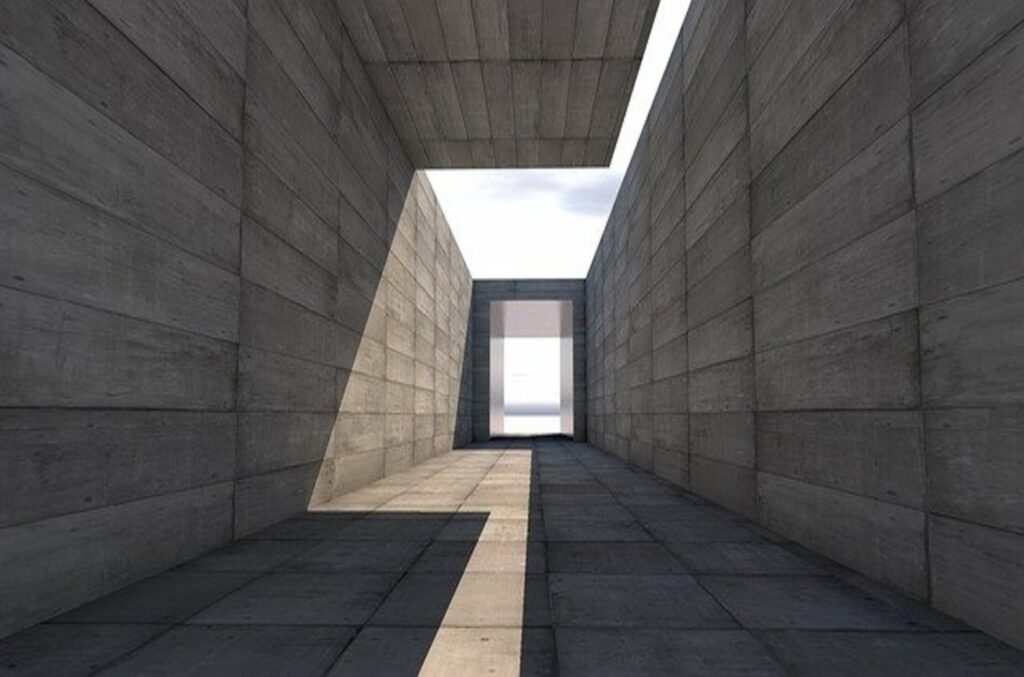How many times have you performed ḥajj?
How many times would you have liked to perform ḥajj?
Although nothing compares to physically performing ḥajj, Allah (subḥānahū wa ta‘ālā) from His kindness and sheer generosity has provided us with the opportunity to receive the reward of ḥajj without actually performing it.
“Allah has placed the love and longing in His slaves’ hearts to visit His Sacred House, and yet not everyone is capable of doing so every year.
Therefore, He made the ḥajj obligatory once in a lifetime for the one who is able, and He made the season (the 10 days of Dhul Ḥijjah) for everybody: those travelling to His House and those remaining behind at home.
Thus, whoever is unable to perform ḥajj can still perform acts of worship in these 10 days, the reward of which is greater than the reward of jihād; and the reward of jihad is greater than the reward of ḥajj.” – Ibn Rajab (raḥimahullāh)
Even though we cannot visit His Sacred House and be physically present in the inimitable atmosphere of ʿArafah and ḥajj, we can still hope to obtain similar rewards inshā’Allah by performing the following actions:
1. Fajr in congregation, dhikr until sunrise followed by two rakahs
The Messenger of Allah ﷺ said: “Whoever offers Fajr in congregation and remains seated, engaging in the remembrance of Allah until the sun has risen, and then offers two rakʿahs, he will have a reward equal to that of performing ḥajj and ʿumrah.” He ﷺ said: “Complete, complete, complete (i.e. complete reward)” (Tirmidhī).
The scholars have also stated that this reward is equally applicable to a woman (praying at home) who sits in the place where she performs Fajr and remembers Allah or recites the Qur’ān until sunrise.
2. Salah in congregation
The Messenger of Allah ﷺ said: “Whoever leaves his house having purified himself for the compulsory prayer, his reward is like the reward of the pilgrim in iḥrām…” (Abū Dāwūd).
3. Going to the Masjid to learn or teach
The Messenger of Allah ﷺ said: “Whoever goes to the Masjid, only intending to learn some good or teach it, he will have the reward of a complete ḥajj.” (Ṭabarānī)
In the past, people would travel far and wide to seek knowledge. Now, even though we have scholars and classes on our doorsteps, we struggle to devote time to attending lectures and classes in the Masjid. Let us change this by seeking knowledge in the Houses of Allah.
4. Financing someone’s hajj
The Messenger of Allah ﷺ said: “Whoever equips a warrior, or finances a pilgrim or takes care of his family in his absence, or provides ifṭār for the fasting person, he will have the same reward as them, without their reward being diminished at all.” (Ibn Khuzaymah)
5. Tasbih, tahmid and takbir after salah
Abū Hurayrah (raḍiy Allāhu ‘anhu) narrated: Some poor people came to the Prophet ﷺ and they said: “The wealthy have taken the higher ranks and permanent bliss: they pray like we pray, they fast like we fast; but they have more money through which they perform ḥajj, ʿumrah, jihād and charity.”
He ﷺ said: “Shall I not inform you of a matter which if you hold on to, you will catch up with those who have outdone you; and nobody after you will be able to catch up with you, and you would be the best of those amongst the people around you – except for the one who does the same as you: say Subḥanallāh, Alḥamdulillāh and Allāhu Akbar thirty-three times after each ṣalāh” (Bukhārī).
Ibn al-Qayyim (raḥimahullāh) wrote: “Thus, he (ʿazza wa jall) made dhikr a substitution for the ḥajj, ʿumrah and jihād they had missed out on; and informed them that they would surpass them with this dhikr.”
6. Umrah in Ramadan
The Messenger of Allah ﷺ said: “…Inform her that (performing ʿumrah in Ramaḍān) is equivalent to performing ḥajj with me.” (Abū Dāwūd)
7. A genuine intention to perform hajj
Make a genuine intention in your heart that if Allah (subḥānahū wa ta‘ālā) gave you the means, you would travel to His House and perform ḥajj. If Allah (subḥānahū wa ta‘ālā) sees that your intention is sincere, He will grant you the reward of a complete ḥajj.
This is similar to what the Prophet ﷺ said about the companions (radiy Allāhū ‘anhum) who were unable to join them in the Battle of Tabūk: “Indeed there are some people in Madīnah: you did not travel any portion of the journey nor did you cross any valley except that they were with you.” The companions asked: “O Messenger of Allah, whilst they are in Madīnah?” He replied: “Whilst they are in Madīnah. A (genuine) excuse held them back.” (Bukhārī)
Ibn Rajab (raḥimahullāh) explains that those who remain behind due to a valid excuse partake in the reward of those who perform the journey:
يا راحلين إلى البيت العتيق لقد سرتم جسوما وسرنا نحن أرواحا
إنا أقمنا على عذر وقد رحلوا ومن أقام على عذر كمن راحا
“O you who are journeying to the Ancient House,
You have journeyed with your bodies and we have journeyed with our souls.
We have remained behind due to an excuse, and they have gone;
And whoever remains behind due to an excuse is like the one who has gone.”
Ibn Rajab (raḥimahullāh) goes on to say that whilst some of Allah’s servants physically travel to His house, there are some servants who travel to Allah with their hearts. These individuals may surpass the ones physically travelling to His House, due to their sincerity and determination.
Note: These acts do not absolve one from the farḍ ḥajj, nor are they entirely equal to physically performing ḥajj. The reward for physically doing an act (e.g. ḥajj) is multiplied ten times and more in accordance to the sincerity, time, sacrifice, costs and other deeds that accompany it.
May Allah make us from those who always long, mentally and spiritually, to visit His Sacred House. May we never be deprived from the mercy that surrounds it. And may our actions be a means of securing the same rewards as the fortunate pilgrims who visit it every year.






